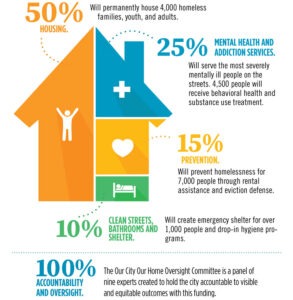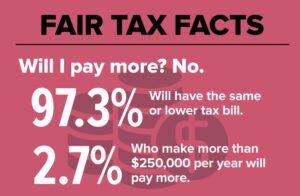November 15, 2010; Source: Truthout | The nonprofit significance of Dean Baker’s commentary on Truthout.org is not that he enjoys Rand Paul’s worship of Aqua Buddha. Baker, the director of the Center for Economic Policy Research thinks Paul’s oddly named river god and new recommendations from President Obama’s deficit commission chaired by Erskine Bowles and Alan Simpson are both a bit odd.
The deficit commission recommended capping government spending at 21 percent of GDP. Why 21 percent? That mystifies Baker as much as the origins of Aqua Buddha, both of which he ascribes to “some sort of religious significance.”
As a good economist, Baker notes that there is no obvious problem if federal government expenditures go above 21 percent. To keep government spending below the mystical 21 percent threshold, we would guess that Simpson and Bowles are intimating that some functions get transferred to the private sector, which could include shifting some public services to charitably supported off-budget nonprofits.
Sign up for our free newsletters
Subscribe to NPQ's newsletters to have our top stories delivered directly to your inbox.
By signing up, you agree to our privacy policy and terms of use, and to receive messages from NPQ and our partners.
On one hand, it may be that the Simpson/Bowles recommendations will be dead on arrival when the report is formally released, particularly due to its recommendation of doing away with the mortgage interest deduction and its call to raise the retirement age (by the year 2075) to 69. On the other hand, it could be that the impending budget stalemate between the Democratic White House, the Republican House of Representatives, and the electorally shell shocked, but still Democratically held Senate leads decision-makers to reach for something, anything that might give them a roadmap out of their tax and spending bind.
The Simpson/Bowles commission report might be just the instrument to use for fashioning a way out of the impasse. If so, nonprofits might want to be prepared for the programs they administer to be cut to accommodate the magic number 21.—Rick Cohen













